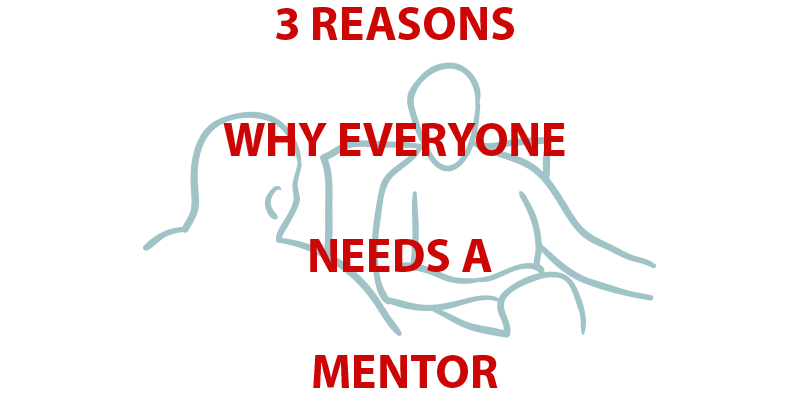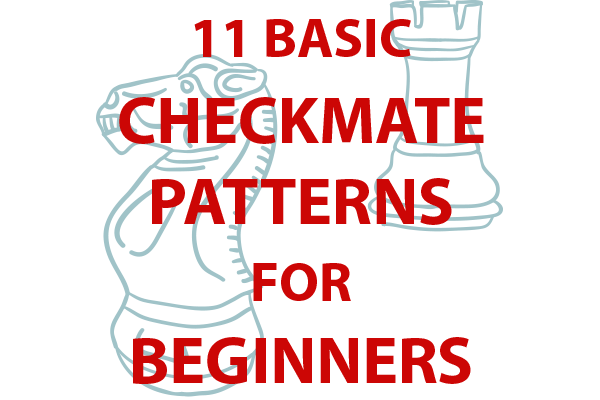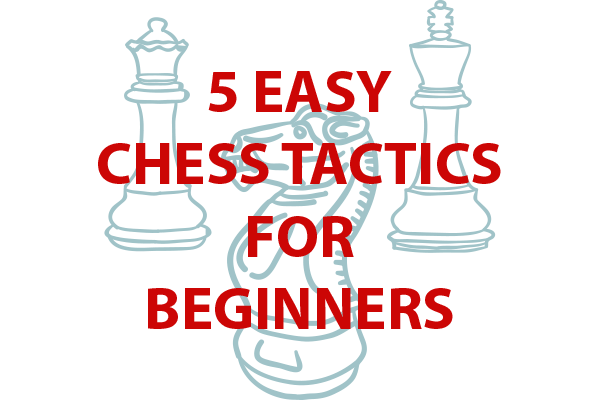


While self motivation and a disciplined work ethic go a long way in developing human potential, it is not the most important factor in becoming an elite level practitioner. Have you ever heard the expression work smart not hard? Whoever, said that must have known the secret knowledge that mentors are the key to reaching one’s full potential. Don’t get me wrong, having a mentor alone without the internal fortitude to self-regulate will not lead to success. In addition, one can go very far without the help of a mentor. In the information age, there is enough free content available to learn any skill to a high level of proficiency. This post, however, will highlight 3 ways that a good mentor can help you move past proficiency and fulfill your entire potential. Those are assist with feedback, guide Deliberate Practice and push limits.
To improve on a skill you must input new information and practice that input until the skill is mastered. In between practice and mastery will be a lot of missteps and misconception about how to perform a skill. Even if you are a natural, no skill is as sharp as it can be on the first repetition. Nor will the skill be at full potential at repetition three thousand. There is a constant loop of input, practice and feedback. Mentors are essential to this loop. They can give instruction where the subjects lacks and insight for areas that needs sharpening. Moreover, they can provide objective analysis of skill development.
Deliberate practice is exactly what it sounds like it is. That is, it is practice that is focused and methodical with intended goals for each session. Mentors can help guide deliberate practice sessions, by providing feedback and knowledgable instruction. In addition, mentors can help set goals that push mentee limits in following sessions. To get more information on Deliberate Practice, read How to Use Deliberate Practice to Improve Performance.
Pushing oneself is not a natural act. It is impossible to give maximum effort and watch your technique at the same time. While you could use video recordings and other data to see your progress with a detached third eye, personal bias or general lack of knowledge could hamper development severely. In addition, a mentor can provide external motivation, as needed. Mentors can also help us uncover & get over our own Limiting Beliefs. Those are, the limits that we place on ourselves. To get more information on Limiting Beliefs, read Limiting Beliefs: Where They Come From & How To Overcome Them.
While dedication, discipline and hard work are necessary to master a skill, those elements alone are not enough. A good mentor facilitates growth by providing valuable feedback, guiding deliberate practice and pushing mentees pass their maximum capabilities. One may be able to achieve great things without a mentor but no one fulfills their entire potential alone. To find out the most important factors to consider when choosing a mentor, check out The Top 4 Things to Consider to Find the Perfect Mentor.
 A checkmate pattern is a specific identifiable positioning of pieces...
A checkmate pattern is a specific identifiable positioning of pieces...
 Chess is a game with many approaches to improve. Some...
Chess is a game with many approaches to improve. Some...